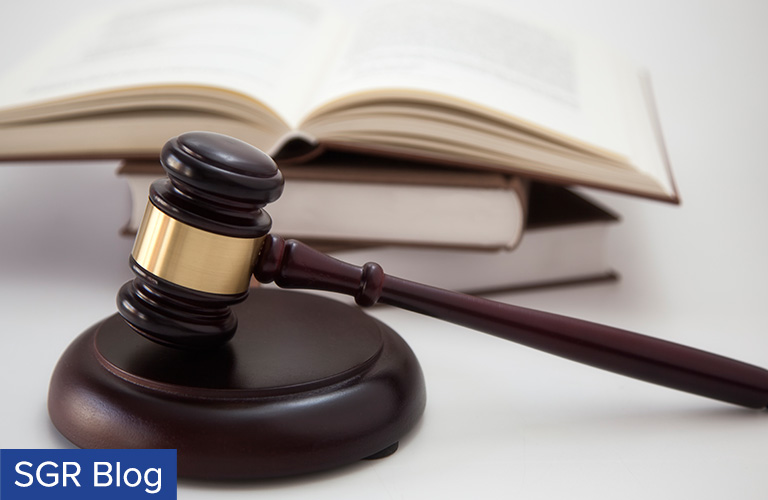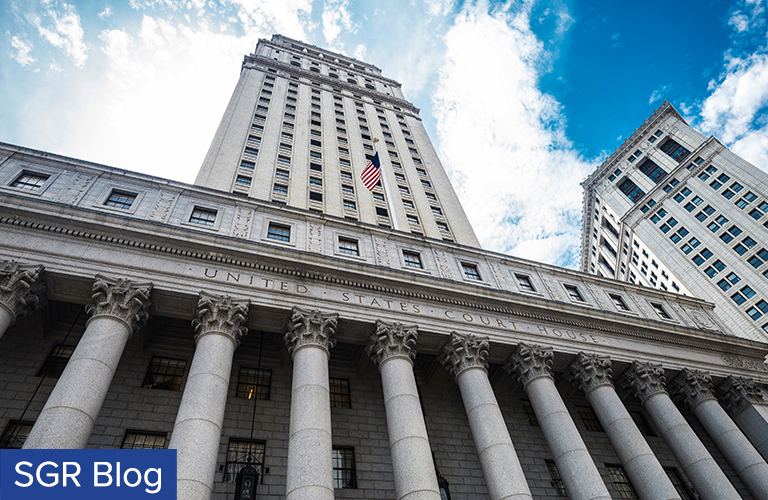
In recent years, the United States Supreme Court has taken steps to limit the jurisdictional reach of state courts. For now, the Georgia courts are resisting that trend. In several recent cases, the United States Supreme Court has limited the reach of “general” personal jurisdiction. Daimler AG v. Bauman, 134 S.Ct. 746 (2014); Bristol-Myers Squibb Co. v. Superior Court, 137 S.Ct. 1773 (2017). Specific personal jurisdiction exists when an out-of-state defendant purposefully directs activities towards an in-state resident and those activities give rise to the claims at issue in the lawsuit. General personal jurisdiction exists when an out-of-state defendant has… Read more










